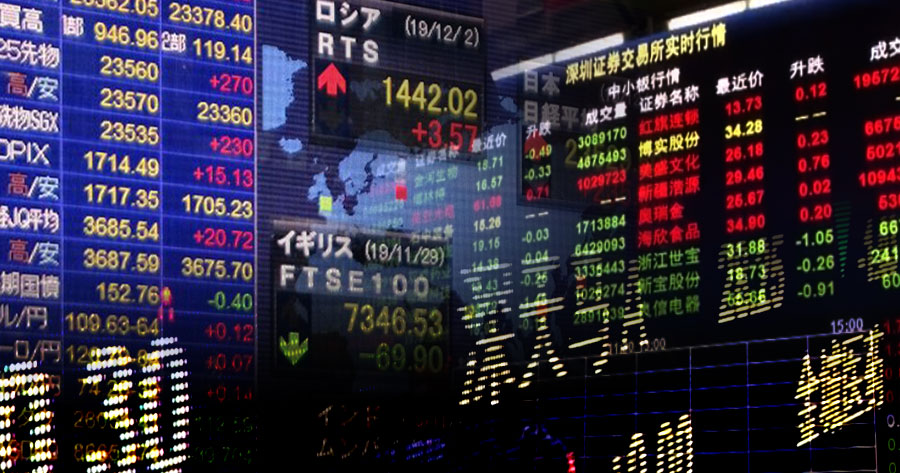Asian stocks declined on Monday as worries about a global recession outweighed hopes for easing monetary policies.
The Nikkei 225 in Japan declined 1.50% as of 9.39 a.m. Thai time, while the US dollar remained near 32-year highs versus the Japanese yen, recently trading at 148.62 per dollar.
Hong Kong’s Hang Seng index dropped 1.30% in early trade. The Shanghai Composite in mainland China slipped 0.22%.
In Australia, the S&P/ASX 200 was 1.46% lower. South Korea’s Kospi lost 0.12%.
Several nations in the region are scheduled to report inflation data later this week, while Australia will post jobless figures and China will publish its lending prime rate decision.
This past weekend, Chinese President Xi Jinping spoke at the opening ceremony of the 20th National Congress of the ruling Communist Party of China. In this speech, he issued a stern warning to “foreign forces” to stay out of Taiwan, a self-ruled island that Beijing considers a runaway province.
To achieve reunification, he added, “China will never commit to renounce the use of force.”
Oil prices, meanwhile, rose slightly after a week of decline as concerns about the economy dampened expectations for consumption.
After falling nearly 4% on Friday, West Texas Intermediate futures recovered to trade at over $86 per barrel on Monday.
Oil has been hit by a number of negative causes, including a stronger US dollar and aggressive monetary policy by central banks to curb inflation. China’s economic slowdown is just the latest.
The International Energy Agency raised a recession warning last week if production cuts went into effect. The oil production cuts from the OPEC+ will take effect from November.





